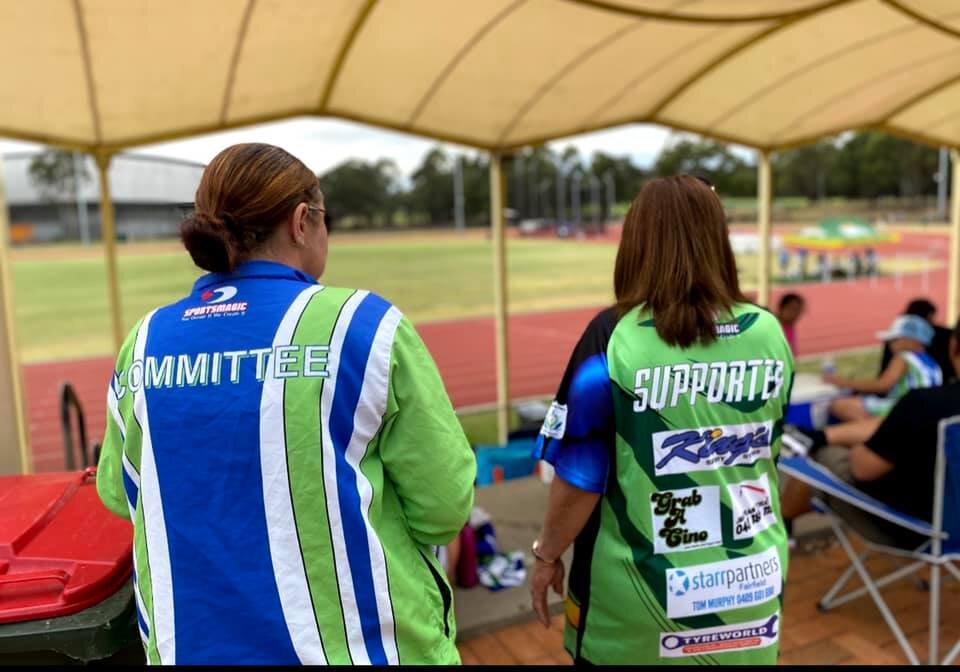
Committee Meetings
Meetings that occur between the Committee and its members is essential for the running of a Centre and for the children’s enjoyment. Committee’s are elected each year at the Annual General Meeting, and is a great opportunity to encourage members to come and discuss any ideas or suggestions that may help to benefit the Centre.
With the majority of Committee Members being parents, there will be a continual cycle of new Committee Members as their own children graduate from Little Athletics. It is through Committee Meetings where you are able to utilise the talents and enthusiasm of any parents who would like to contribute, even assist through “shadowing” a members role. As a Committee you should be transparent with your members that any offer of support (i.e. financials, access to equipment, resources, but especially time to assist on the day of weekly competitions) would be gratefully appreciated.
Centre Meetings
Meetings between office-bearers and between members are essential for effective communication within a Centre, as well as for the effective operation of the Centre on a democratic basis.
Centre Meetings is the heading in the Admin Manual and then is broken down into the 3 Types of Centre Meetings:
General/Special Meetings.
Committee Meetings.
Annual General Meeting.
Opened to all members of the Centre (although they may not necessarily have the right to vote). These meetings parents help the Committee make the make the right decisions for the Centre and for their children. General Meetings keep parents informed of developments occurring within the Centre and community. These Meetings maybe held in conjunction with specific Committee Meetings, in need to address/discuss particular issues for example Constitution changes.
Normally involve only elected or appointed decision-makers. In the case of most Centres such meetings involve all committee members and occur on a monthly basis. It is here that the day to day issues at the Centre are addressed.
Is a type of general meeting, usually conducted within two months of the completion of the season. It is at this meeting the election of committee members takes place, the financial and committee reports are presented and any changes to the constitution and by-laws/regulations occur. Centres must hold their AGM by the end of May each year.
Annual Report (Annual General Meeting)
The reports of centre office bearers and executive members are presented to the Annual General Meeting, along with the audited financials statements. These collectively, make up the Annual Report of the centre. A copy of the Annual Report should be forwarded to LANSW, each year.
Elections (Annual General Meeting)
Elections for Centre Committee Positions:
It can be a challenge pulling together a Committee and even more challenging engaging committed individuals who have the knowledge or ideal skills to run in centre committee elections. Find some of our top tips on attracting committee candidates, accepting nominations, and holding elections at your Centre Annual General Meeting here.
The Agenda
The starting point for any meeting is to decide on the time and place of the meeting, the business to be conducted and the order in which it will be conducted. This is the compilation of the agenda. Click the button for a sample of a typical agenda->
Minutes
It is essential to have a correct record of the proceedings of a meeting. The minutes serve as a general and attendance record, and in the case of later doubt or dispute, they are a legally accepted reference.
The minutes should be written up soon after the meeting before your memory fades! Use the past tense. Summarise in logical order any discussion. Include the names of both mover and seconder.
The amount of detail included in the minutes is up to the particular committee to decide. Use "Action" subheadings to detail who was delegated to follow up on tasks.
Minutes should ideally be typed and distributed to members as soon as possible after the meeting and displayed in a prominent place (e.g. a notice board). The agenda should be circulated one week before the meeting.
At the start of the next meeting, the minutes should be confirmed, after any amendments have been made, as a true and correct record and signed by the chairperson. (Try not to read them at the start of the meeting as it is time consuming). Click on the button to view Sample Meeting Minutes->



